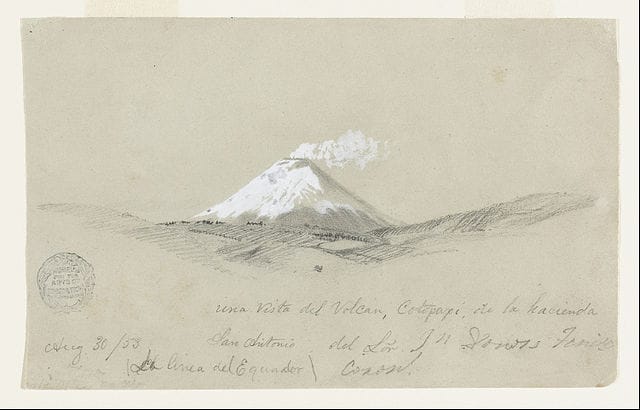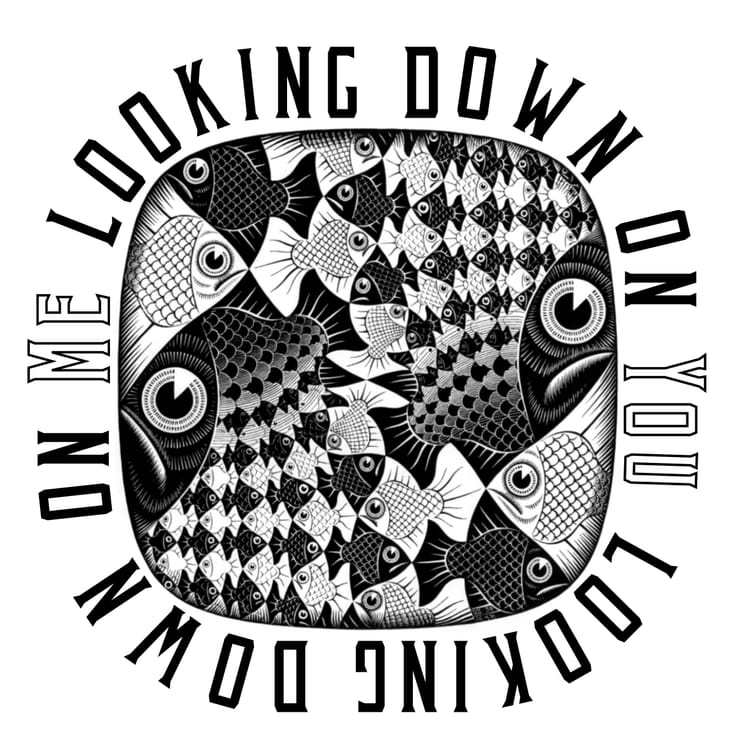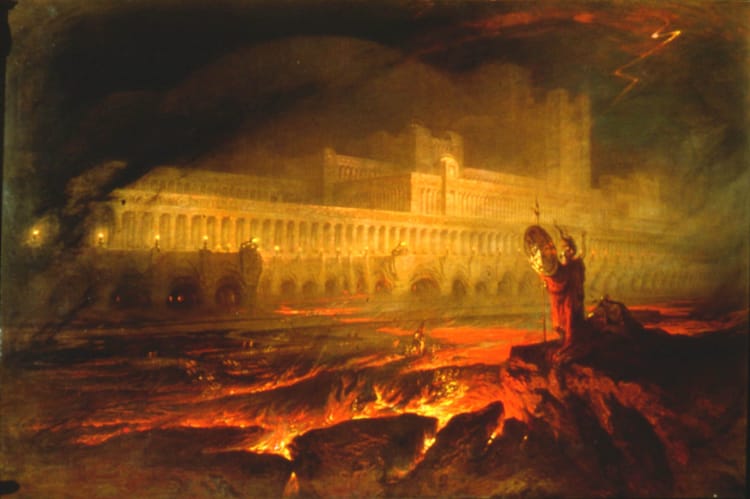Letters between friends

I received an e-mail from my cousin the other day -- a wonderfully long, heartfelt response to my debut novel. It confirmed what I had already begun to recognize: that the greatest part of writing a book is the dialogue it creates between author and reader -- between a writer and his friends.
One passage of my cousin's message keeps revisiting me -- on a walk, in the shower, lying in bed. It is poetic and authentic and beautiful ... and it provides a frame for so many seemingly random thoughts that I have had:
"I guess I heard my Dad say that he thought novels were really letters between friends, with a side hope that someone saw some creative and commercial merit in the writing - so a buck might pass here and there to support the continued letter writing."
I considered paraphrasing the passage, but it seemed silly to do so. How could I possibly say it better? It says so much about why writers write, and why readers read.
I'm not sure I have ever felt more vulnerable than I did when I released my novel into the wild. I wasn't particularly concerned about public response -- every review, critique or constructive criticism I receive will help me to become a better writer -- but I was more than a bit uncomfortable knowing that my family and friends would read it. That they would no doubt wonder what parts of the story are mine; what parts of Oliver Bruce are Mark Cameron; who inspired the wide range of supporting characters; and why those characters made the decisions they did. I was -- am -- constantly reminded of the lyrics of one of my favourite songs, lyrics that roll through my head in the way that my uncle's quote does:
"2 AM and I'm still awake, writing a song If I get it all down on paper, it's no longer inside of me, Threatening the life it belongs to And I feel like I'm naked in front of the crowd Cause these words are my diary, screaming out loud And I know that you'll use them, however you want to"
- Anna Nalick, Breathe (2am)
Indeed, I have used them. I hope Anna Nalick won't mind.
I often wonder why I wrote the story I wrote, or created the characters I gave life to. Why I chose the names or locations or plot turns I did. Much of that was conscious, an intellectual exercise in crafting dialogue and plot. But much of what emerged was a surprise to me; names, places, facts and anecdotes popping into my head, as if appearing from nowhere, weaving themselves into my story. Only when I was done -- when I had written the last word and ordered 360 books to be printed -- could I begin to step back from the process and understand the journey I had undertaken. As one of my own characters said, "The pen rarely lies."
I don't want to live in the rabbit hole, analyzing every detail of the decisions I've made -- both conscious and subconscious -- or every piece of feedback that I've received. I am learning that every reader will perceive my story in a different way, through their own filters, based on their own experiences. I don't expect anyone to see it as a masterpiece -- it's just a book, the first of what I hope will be many -- but I do hope that Goodnight Sunshine continues to evoke dialogue between writer and reader -- between me and my friends. For I believe that the greatest gift an author can receive is neither praise nor criticism (though both of those have their place); it is to know that on some level, in some small way, the story you have written affects people.
Cotipaxi image By Frederic Edwin Church - shared using Creative Commons license.





Member discussion